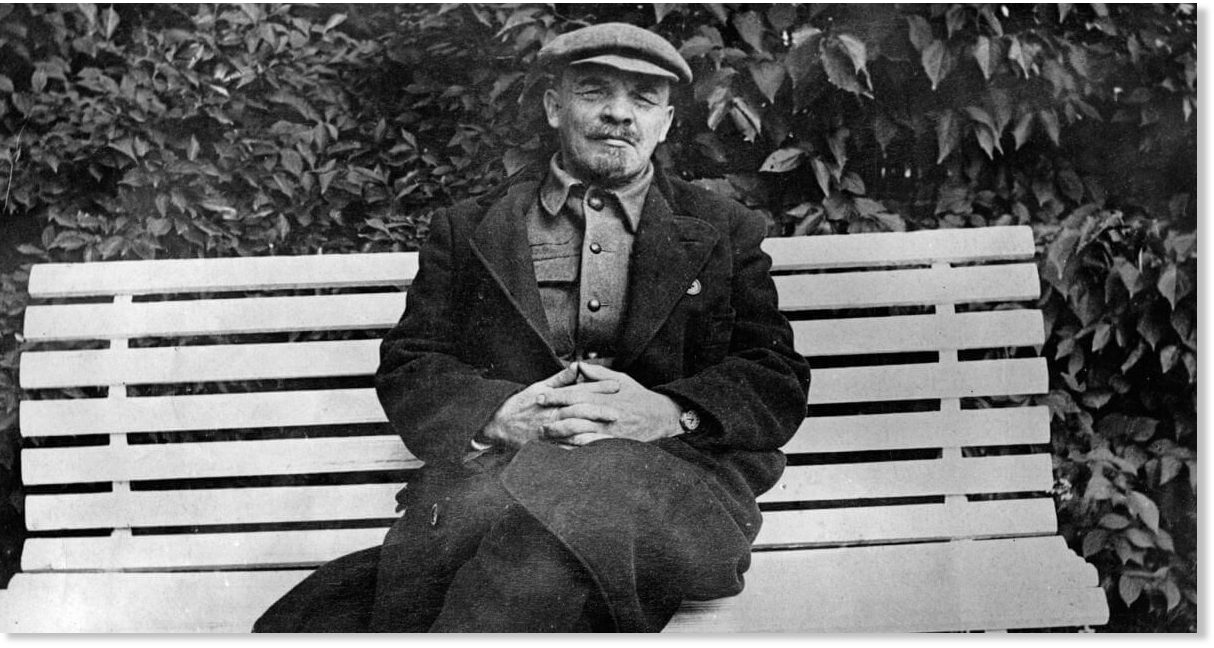At the end of our most recent show we bemoan the fact that there are so few films about Communism that give a relatively true picture of it.
Was reading through SOTT articles today and noted this article, Leninthink, by Gary Saul Morson:
Editors' note: The following is an edited version of remarks delivered at The New Criterion's inaugural Circle Lecture on September 25, 2019. Lenin was more severe. — Vyacheslav Molotov, the only senior official to work for both Lenin and Stalin,...

www.sott.net
Morson, delves deeply into the period and the man, Lenin, and other men in succession. It is quite a read, it also reminded me of a scene in the documentary discussed, Ennio - not sure what episode either, yet it starts with the election of Khrushchev, which sort of ties into the article above - Party thinking.
From memory (not exact), it goes something like this:
Khrushchev, after some maneuvering to become the First Secretary of the Communist Party, is standing in front of the politburo members (the hall is filled to the rafters) hearing his acceptance speech. Khrushchev turns to the crowd saying, that just before giving his speech he was handed a letter. Nikita tells the crowd, that the letter asks him why did he and others not stand, remaining in silence under Stalin's decrees (same with Lenin likely)? Khrushchev then shouts out, whoever wrote this letter, please stand up. Silence, and no one stands. Nikita Khrushchev said something like, you see, this is why we did not stand either.
Morson: What happens is something like this: when a criticism of the true ideology is advanced, or when embarrassing facts come out, everyone learns a particular answer. One neither believes nor disbelieves the answer; one demonstrates one's loyalty by saying it.
Robert Conquest (also mentioned in the article by Morson), remarked that this was the first time anyone had said one thing against Stalin publicly. Khrushchev had changed party lines in this regard, and thereafter, people came out to tell their stories about past leadership - leadership that they were inculcated to worship, to give their lives for, without really understanding a damn thing (not that it is different in other periods, in other nations at certain times).
Coming back to Morson's article, the picture is presented that people, including party members, really had no idea what was going on - what they represented, other than the Party, and whatever was said was done. He also looks to our now in time, and asks some questions at the end of the article (bold original to the article):
When I detect Leninist ways of thinking today, people respond: surely you don't think all those social justice warriors are Leninists! Of course not. The whole point of Leninism is that only a few people must understand what is going on. That was the key insight of his tract What Is to Be Done? When Leninism is significant, there will always be a spectrum going from those who really understand, to those who just practice the appropriate responses, to those who are entirely innocent. The real questions are: Is there such a spectrum now, and how do we locate people on it? And if there is such a spectrum, what do we do about it?
There is no space to address such questions here. My point is that they need to be asked.

